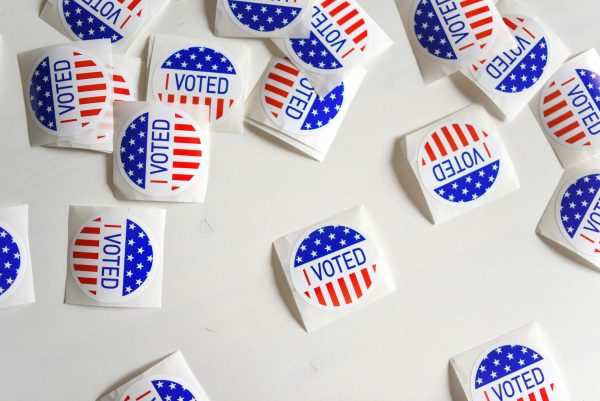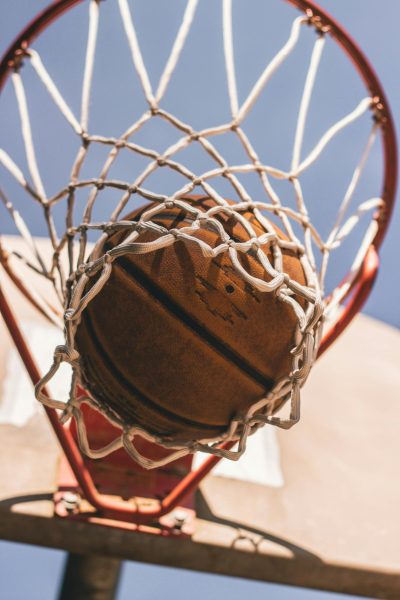I am an Organ Donor, and You Should Be Too
I am an organ donor, and you should be too.
But I didn’t always believe that. I got my license in August 2022. I had spent the past few months taking Eyes On The
Road, like many kids at ELHS. I had watched a slew of the all-too graphic documentaries about teen driving safety, and how victims of car accidents often received organ transplants that saved their lives.
I simply did not care. I wanted my license, I wanted my freedom, and I had no intention of even thinking about what I wanted to happen to my body in death any time soon. But this attitude, in hindsight, was unfeeling and selfish. It wasn’t until recently when I read Mary Roach’s “Stiff” for my AP Lang assignment that my attitude changed.
Roach’s novel is an explanatory first person perspective of the world of cadavers. Roach goes from student gross labs to hospitals to mortuary homes in order to explore the truth of what really happens to cadavers, despite the misconceptions. I chose the book because I found it fascinating and wanted to learn more about cadavers, but to my surprise, “Stiff” is one of the most beautiful books I have ever read.
In one chapter, Roach examines a cadaver called H who, in the hours after being declared brain dead (also known as a “beating-heart cadaver”), donates her heart, kidneys, and liver to those in need of them. Roach wrote, “H is different. She has made three sick people well. She has brought them extra time on earth. To be able, as a dead person, to make a gift of this magnitude is phenomenal… H has no heart, but heartless is the last thing you’d call her.”
Roach illustrating the impact H has had on people who have been waiting tirelessly for organs made me cry.
I started to rethink my entire decision, and what kind of person it made me for not being an organ donor. How had I been so selfish that I wouldn’t offer my organs to someone in desperate need of them if I were dead? I was willing and ready to let my potentially life-saving body parts go to waste?
This is not to say, however, that if you are not an organ donor, that you are somehow a selfish person. It is your body, afterall. What you choose to do with it after you depart is your decision, and your decision alone.
The sense of failing that I experienced was not because of the thought that my organs would be wasted; it was because I hadn’t even researched, explored, or even considered organ donation as a reasonable option.
Having read “Stiff,” I changed my mind, and I decided to do something about it:
1. I discussed.
My dad had been there the day I received my license- the same day I decided to not become an organ donor. I told him I had changed my mind since August, and I wished to become an organ donor.
2. I researched.
I learned about misconceptions versus the truth about organ donation. I learned about the magnitude of people waiting for organs, and how viable organs save and change lives. The more research I did, the more comfortable I was at the idea of organ donation, which left me to figure out how to change my organ donation status. I came to learn it was remarkably easy.
3. I registered.
The state of Connecticut’s organ donation registry is as simple to follow as it gets. I arrived at donatelifect.org, and I hit the big, flashing button that reads, “REGISTER TO BE A DONOR.” I was then taken to a new page, which asked me simple questions, like my legal name, address and date of birth. Within a minute, I was an organ donor.
That is all it took. I was not proud of my decision to look past organ donation my last time at the DMV, but now I feel that I had made a decision I was proud of- my decision was informed and in the hopes to offer myself for the good of others. Becoming an organ donor took just a few minutes of my time, and may change lives. You can do the same.
Your donation will support the student journalists of East Lyme High School. Your contribution will allow us to purchase equipment and cover our annual website hosting costs.




